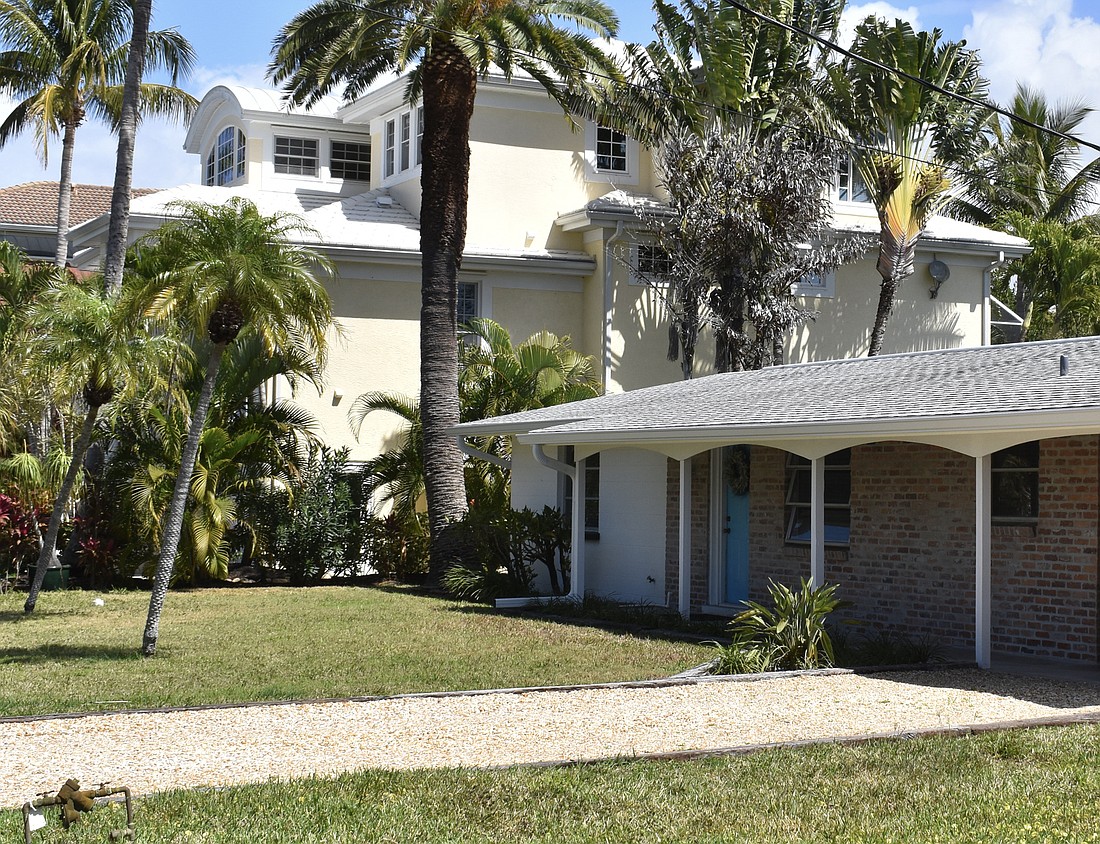- May 9, 2025
-
-
Loading

Loading

Longboat Key property owners who hold a homestead exemption will see the biggest reductions in town taxes in the coming budget, but the cash saved each taxpayer likely would be the equivalent of two or three trips to the gas station.
Town Commissioners on July 1 set the maximum millage rate for 2023 property taxes at 1.99, a reduction of nearly 6% from the previous year's rate of 2.1144 per $1,000 of taxable value. Commissioners found themselves able to back down the tax rate while still generating more in revenue because of an extraordinarily high increase in the taxable values of homes and businesses in town in 2022. Town leaders have said the effects of economic uncertainty on the 2024 budget cycle and beyond still concern them, even though the town is in strong financial shape now.
According to property appraisers offices in Sarasota and Manatee counties, Longboat Key's property rose a combined 14.39% to $7.4 billion -- gaining nearly $1 billion in 2022 and almost a full percentage point higher than the June 1 estimates supplied by both counties' tax assessors.
Values rose so much that increases hit the maximum-allowed-by-state-law limits, as laid out in Florida's Save our Homes amendment to the state constitution. By law, taxable values of homesteaded properties can rise a maximum of 3% a year, no matter what market forces are at work, and non-homesteaded properties can rise 10% a year. In 2022, the increase cap was set at 1.4%, which falls into the typical range.
Generally, new construction values are set near market, and buyers of resale properties who aren't able to bring Save our Homes protections with them from a previously homesteaded property, likewise pay tax based on 85-88% of market value, which is what fueled a lot of Longboat Key's value growth.
About 37% of the town's properties are homesteaded, records show.
From here, Town Commissioners could still reduce the millage rate when they next meet in September. As it stands, the 1.990 millage rate will produce just under $1 million in additional revenue when compared to last year ($14.138 million vs. $13.139 million). The state-required calculation to determine a flat budget, called a rollback rate, was 1.8568, excluding new construction.
Tax rates assigned to pay for the renovation and reconstruction of the town's two fire stations also was reduced, as was the rate Gulfside and Bayside residents pay for the town's beach bonds. The debt payments for the townwide underground utilities project are not based on property values and do not have an ad valorem tax rate attached to them.
Based on calculations furnished by the town's finance department, which are based on a millage rate of 1.99 per $1,000 of taxable value, the biggest winners when next year's tax bills arrive will be those who live west of Gulf of Mexico Drive in a homesteaded property.
Those homeowners will see property insurance cuts of 6.2%, ranging from $95.79 for a property with a taxable value of $500,000 to $191.57 for a property valued at $1 million. Bayside owners of homesteaded properties will see a 4.2% decrease.
Gulfside residents who own non-homesteaded properties will see nearly flat tax bills, and similar Bayside residents will see increases of 2.3%, which range up to $54.33 for a $1 million property.
According to the town's charter, Harmer must deliver the recommended budget by Aug. 1. along with his budget message to the Town Commissioners.
Town Commissioners are scheduled to take their first vote on the budget at 5:01 p.m. on Sept. 12. A second vote and adoption of the budget is scheduled for the same time on Sept. 27.